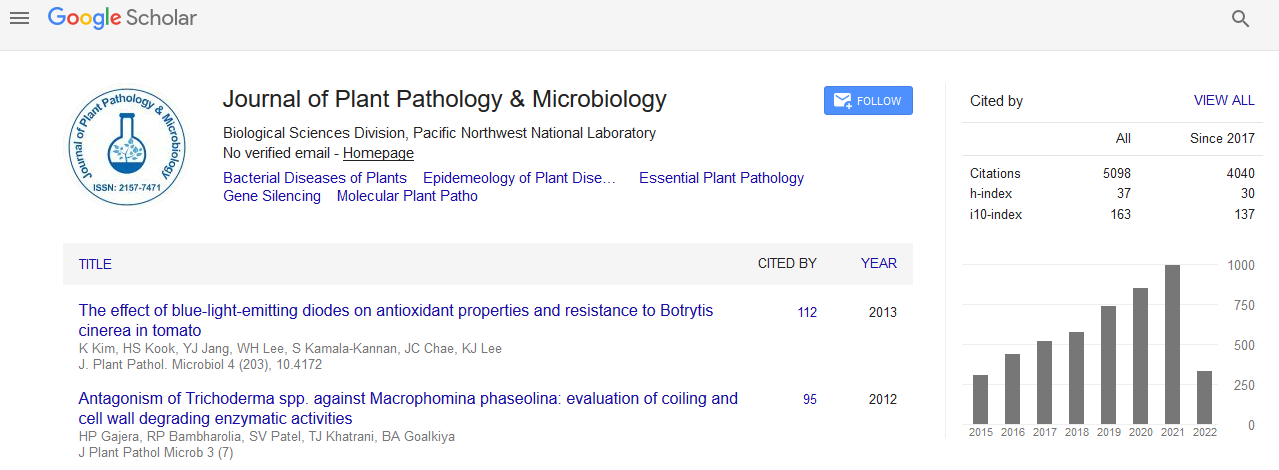PMC/PubMed Indexed Articles
Indexed In
- Open J Gate
- Genamics JournalSeek
- Academic Keys
- JournalTOCs
- CiteFactor
- Ulrich's Periodicals Directory
- Access to Global Online Research in Agriculture (AGORA)
- Electronic Journals Library
- Centre for Agriculture and Biosciences International (CABI)
- RefSeek
- Directory of Research Journal Indexing (DRJI)
- Hamdard University
- EBSCO A-Z
- OCLC- WorldCat
- Scholarsteer
- SWB online catalog
- Virtual Library of Biology (vifabio)
- Publons
- Geneva Foundation for Medical Education and Research
- Euro Pub
- Google Scholar
Useful Links
Share This Page
Journal Flyer

Open Access Journals
- Agri and Aquaculture
- Biochemistry
- Bioinformatics & Systems Biology
- Business & Management
- Chemistry
- Clinical Sciences
- Engineering
- Food & Nutrition
- General Science
- Genetics & Molecular Biology
- Immunology & Microbiology
- Medical Sciences
- Neuroscience & Psychology
- Nursing & Health Care
- Pharmaceutical Sciences
Abstract
The Potential of Cell-free Cultures of Rhizobium leguminosarum, Azotobacter chroococcum and Compost Tea as Biocontrol Agents for Faba Bean Broomrape (Orobanche crenata Forsk.)
Yasser El-Halmouch, Ahlam Mehesen and Abd El-Raheem Ramadan El-Shanshoury
In the present study, cell-free cultures of four isolates of Rhizobium leguminosarum, an isolate of Azotobacter chroococcum and compost tea were investigated for their biocontrol potential against the root parasitic weed Orobanche crenata. Individual cell-free cultures of Azotobacter chroococcum or Rhizobium sp., dual and mixture of cell-free cultures of Rhizobium spp. or compost tea were applied to infested pots in greenhouse conditions. The treatments showed variable effects on many developmental parameters of both faba bean and broomrape. Significant decrease in the number of broomrape attachments, dry weight of the attached tubercles on faba bean roots and the reduction in percentage of broomrape seed germination were recorded. Compost tea, individual and mixture of R. leguminosarum isolates were more reducing on broomrape germination and growth than A. chroococcum alone did; being the former treatment is the best. The reduction in broomrape incidence by compost tea was due to certain phenotypic mechanisms, which acted alone or in combination. These mechanisms included negative effect of natural stimulant broomrape on seed germination, prevention of radical penetration inside the host roots, parasite yield reduction, and thus increasing the growth and vitality of faba bean. In vitro experiment indicated that seed germination percentage of broomrape was also negatively affected by the combination of root-exudates and compost tea. Radical apexes of the germinated seeds were distorted. These distortions may prevent the radicals to follow up the infestation. In conclusion, the study presents the potential of R. leguminosarum isolates and compost tea in biocontrol of broomrape. More investigations should be carried out with viable bacterial cells on the parasite plant before use in sustainable agricultural systems.


